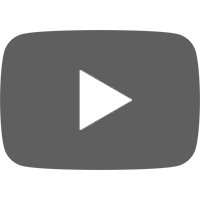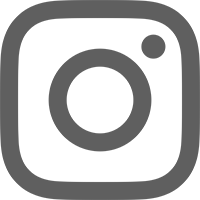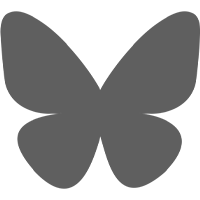At the Vienna Health Award 2024, three outstanding projects were recognized in the category “Healthy in Institutions and Organizations" for their innovative approaches to promoting health within institutional settings. The award winners share insights into their projects in a video:
Gesund X3 – Stadt Wien – Kindergärten, Rötzergasse 21: This project takes a holistic approach to health promotion in everyday kindergarten life. It is based on three pillars: physical activity, nutrition, and emotional well-being. Through playful activities, healthy snacks, and targeted emotional support, children are empowered from an early age to develop health literacy and self-care skills.
LISTEN! – Living Interconnected Student Engagement – FH Campus Wien: “LISTEN!” is a comprehensive program designed to promote mental health among students. It combines peer counseling, networking opportunities, and workshops for staff to create a supportive campus environment. The inclusive approach strengthens social cohesion at the university and establishes a long-term framework for student health management.
accessible.fitness – Workouts beyond Limitation – FH St. Pölten, Department Gesundheit: This project develops barrier-free fitness programs for people with and without disabilities. By offering inclusive training sessions and adapting workouts, it makes physical activity accessible to everyone, thereby enhancing participants' health and overall well-being.
These projects clearly demonstrate how targeted initiatives within institutions can sustainably improve health and well-being for a wide range of groups.











